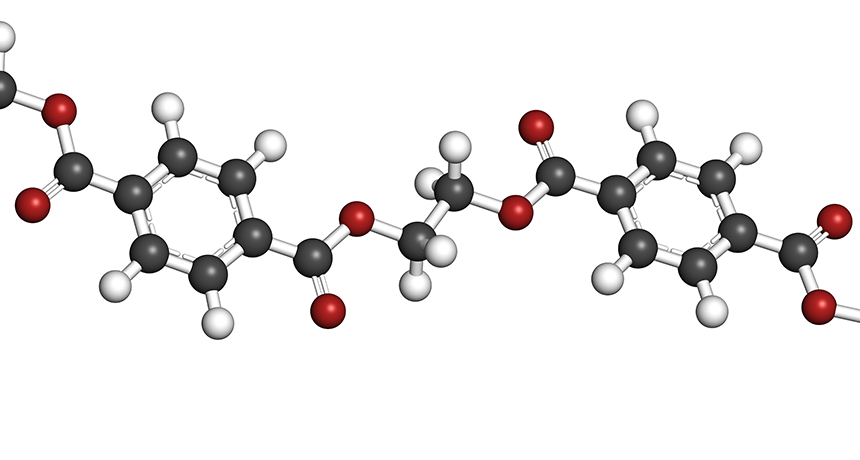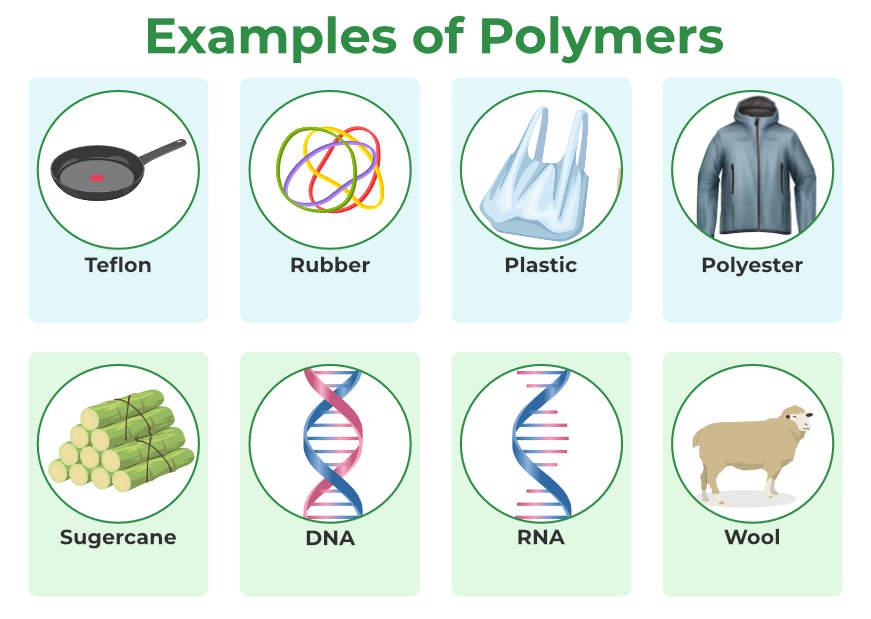Taking Advantage Of the Power of Polymers: Comprehending the Extensive Usages and Favorable Impacts
Polymers, with their diverse chemical frameworks and buildings, have become essential in various sectors, reinventing the way we connect with products on a day-to-day basis. As we explore the substantial usages of polymers and their role in shaping a much more lasting, reliable, and innovative future, it becomes obvious that their possibility is as substantial as the molecules themselves.
Versatility in Everyday Products
One of the most usual usages of polymers is in product packaging products. In addition, polymers play a crucial role in the automotive industry, where they are used in manufacturing light-weight parts that enhance fuel efficiency.
Biodegradable polymers are used in stitches and implants, decreasing the risk of negative reactions in individuals. In the construction market, polymers are included into paints, adhesives, and insulation products, enhancing longevity and energy performance.
Sustainability in Material Innovations
With the recurring emphasis on ecological awareness and resource effectiveness, the emphasis shifts towards sustainability in product innovations, showing an expanding commitment to accountable production methods across numerous sectors. Recently, there has actually been a notable surge in the growth of lasting materials, especially within the world of polymers. These innovative materials are developed to lessen ecological influence throughout their whole lifecycle-- from sourcing raw materials to disposal or recycling.
One significant element of sustainability in product technologies is the concept of biodegradability. Naturally degradable polymers have actually amassed focus for their ability to break down naturally into safe results, reducing waste and pollution. Additionally, using recycled polymers acquired from post-consumer or post-industrial sources is gaining traction as a way of promoting a circular economic situation and reducing dependence on virgin materials.

Enhancing Performance in Design
Enhancing efficiency in engineering requires a thorough assimilation of sophisticated technologies and specific methodologies to optimize performance and effectiveness in numerous industrial applications. Polymers play a crucial duty in this undertaking, using a vast array of advantages that improve the performance of engineering products and elements.
One key facet of improving performance in engineering is the capacity of polymers to enhance sturdiness and strength. By including polymers right into engineering layouts, producers can develop more light-weight yet robust frameworks that can endure high degrees of anxiety and strain. This particular is particularly valuable in sectors such as aerospace, automobile, and building and construction, where the need for strong yet light-weight products is vital.
Additionally, polymers can additionally improve efficiency by offering thermal and chemical resistance, reducing friction, and improving electric conductivity. These buildings make polymers optimal for a large range of design applications, including seals, bearings, layers, and electronic parts. Polymers. By utilizing the one-of-a-kind homes of polymers, designers can optimize the performance of their layouts and create much more reliable and dependable products
Influence On Medical Improvements
Polymers have actually played a crucial function in modern-day medical innovations, varying from drug delivery systems to cells design. One of the vital areas where polymers have made a considerable influence is in the growth of eco-friendly stitches and implants.
In addition, polymer-based products are significantly being made use of in clinical tools such as catheters, stents, and prosthetics due to their biocompatibility and flexibility. Polymer finishings on medical devices can stop infections and boost total client outcomes - Polymers. Furthermore, improvements in nanomedicine have actually allowed the usage of polymer nanoparticles for targeted medication delivery, enhancing the efficiency and reducing adverse effects of numerous drugs
Function in Environmental Conservation

Moreover, polymers are used in water therapy procedures, aiding in the filtration and recycling of water resources. This assists in lowering water pollution and making certain accessibility to clean water for both human usage and ecological health and wellness. Polymers also contribute in agriculture through the growth of biodegradable mulches and controlled-release fertilizers, advertising lasting farming practices.
Conclusion
In final thought, polymers have shown to be a flexible and vital material in various markets, from everyday products to design and clinical improvements. Comprehending the substantial uses of polymers highlights their significance in driving innovation and progress in multiple areas.
Comments on “High-Performance Polymers: Advanced Products for Sector”